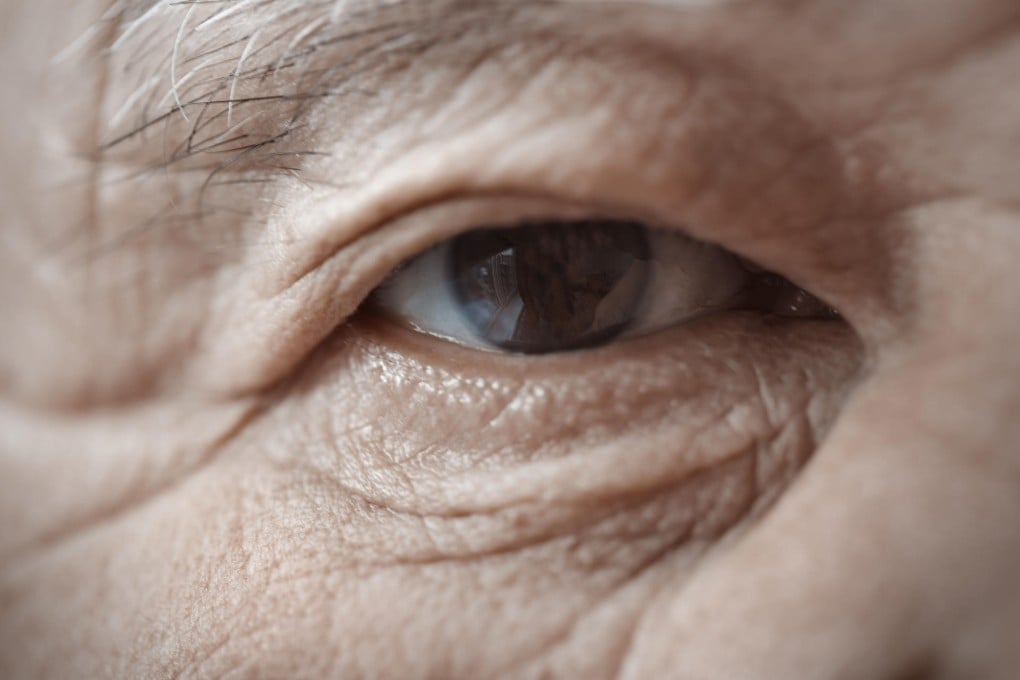How you can avoid losing vision by macular degeneration as you get older
During routine eye check-ups, it is common for older patients to complain of dark shadows in the centre of their vision. Most of them put it down to the ageing process and are prepared to accept it as a fact of life. But the fact is that these symptoms may be early signs of age-related macular degeneration (AMD). Perhaps you have just learned that you or a loved one has the condition. But many people haven't even heard of AMD and don't understand exactly what is going on inside their eyes.

During routine eye check-ups, it is common for older patients to complain of dark shadows in the centre of their vision.
Most of them put it down to the ageing process and are prepared to accept it as a fact of life. But the fact is that these symptoms may be early signs of age-related macular degeneration (AMD).
Perhaps you have just learned that you or a loved one has the condition. But many people haven't even heard of AMD and don't understand exactly what is going on inside their eyes.
Millions of people worldwide have AMD. It's a leading cause of vision impairment among older people in the developed world.
It has few symptoms in the early stages, so it's important to have your eyes examined regularly. The condition can interfere with everyday activities, such as your ability to see faces, drive, read or write. However, the peripheral vision you retain can be used very effectively.
While there is no cure, eye-care specialists can treat AMD and considerably improve sufferers' quality of life.